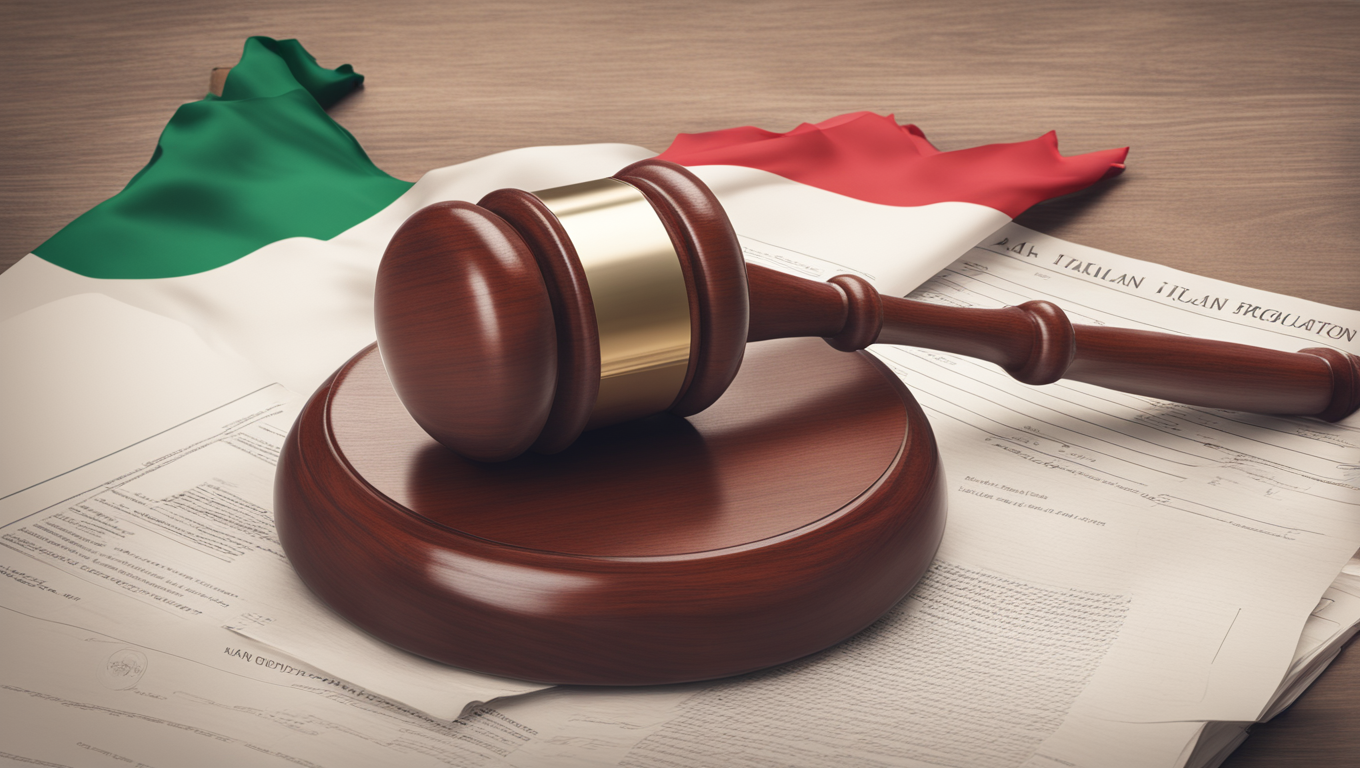Italy’s government is set to introduce a new legislation on Artificial Intelligence (AI), which is scheduled to be discussed in the Council of Ministers meeting this afternoon, April 23rd. The latest version of the bill outlines that within twelve months, the government must align national regulations with the recently approved European AI Act through one or more legislative decrees. One key aspect of the legislation concerns taxation: a revision of the income tax regime, known as Irpef and Ires, is expected to be implemented through a legislative decree.
The bill marks the first implementation of the fiscal delegation for autonomous work, employment income, agricultural income, and various other types of income. In addition to tax issues, the legislation also addresses copyright rules in relation to AI. A compromise has been reached between the Department for Information and Publishing and the Department for Digital Transformation of the Council’s presidency.
According to the compromise, the inclusion of protected works under the 1941 Copyright Act in datasets or other forms of data organization for the training of AI models and their use through generative AI systems are permitted in accordance with articles 70 ter and 70 quater. Article 70 ter allows research organizations to extract and reproduce texts and data for scientific purposes, while article 70 quater introduces the mechanism of opt-out, which permits the extraction of text and data when the use of works and other materials has not been expressly reserved by rights holders.
This formulation, according to experts who have worked on it, reduces the risk of conflicting with the European Commission’s competencies based on the copyright directive and is in line with the EU Regulation on Artificial Intelligence (AI Act), even anticipating the enforcement of protections stipulated by it.
As previously reported on April 10th, the bill includes a fund of 148 million euros over two years, which will allow the State, through the Department for Digital Transformation and the Cybersecurity Agency, to subscribe to actions of Cdp Venture capital funds to support startups active in AI or other frontier sectors such as quantum computing, cybersecurity, and 5G.
In the meantime, it is worth noting that Cdp Venture has planned a 1 billion euro intervention for AI in its industrial plan, divided into various lines of action, including possible support for an Italian generative AI model.
Within public offices, employees will be able to use AI, but they will remain solely responsible for the measures and procedures. It will be mandatory to inform citizens in the case of AI system usage for diagnostic and therapeutic purposes, and in any case, the technology should be considered as support, “without prejudicing the decision, which is always left to the healthcare professional.”
The Ministry of Labor will establish an Observatory with the task of defining a strategy for the use of AI in the world of work and promoting the training of workers and employers. The national strategy will be updated every two years directly by the Council’s presidency in collaboration with the Department for Digital Transformation, and it confirms the attribution of national authority status for AI to the Digital Agency and the National Cybersecurity Agency.
The draft legislation also includes the provision of imprisonment ranging from one to five years for anyone who causes harm to others using AI-manipulated content that induces deception about its origin.
Overall, Italy’s new AI legislation aims to align national regulations with the European AI Act, addresses tax issues, copyright rules, and promotes the use of AI in various sectors. With the development of this legislation, Italy is positioning itself to embrace the opportunities and challenges presented by AI technology while ensuring ethical and legal standards are met.





Use the share button below if you liked it.